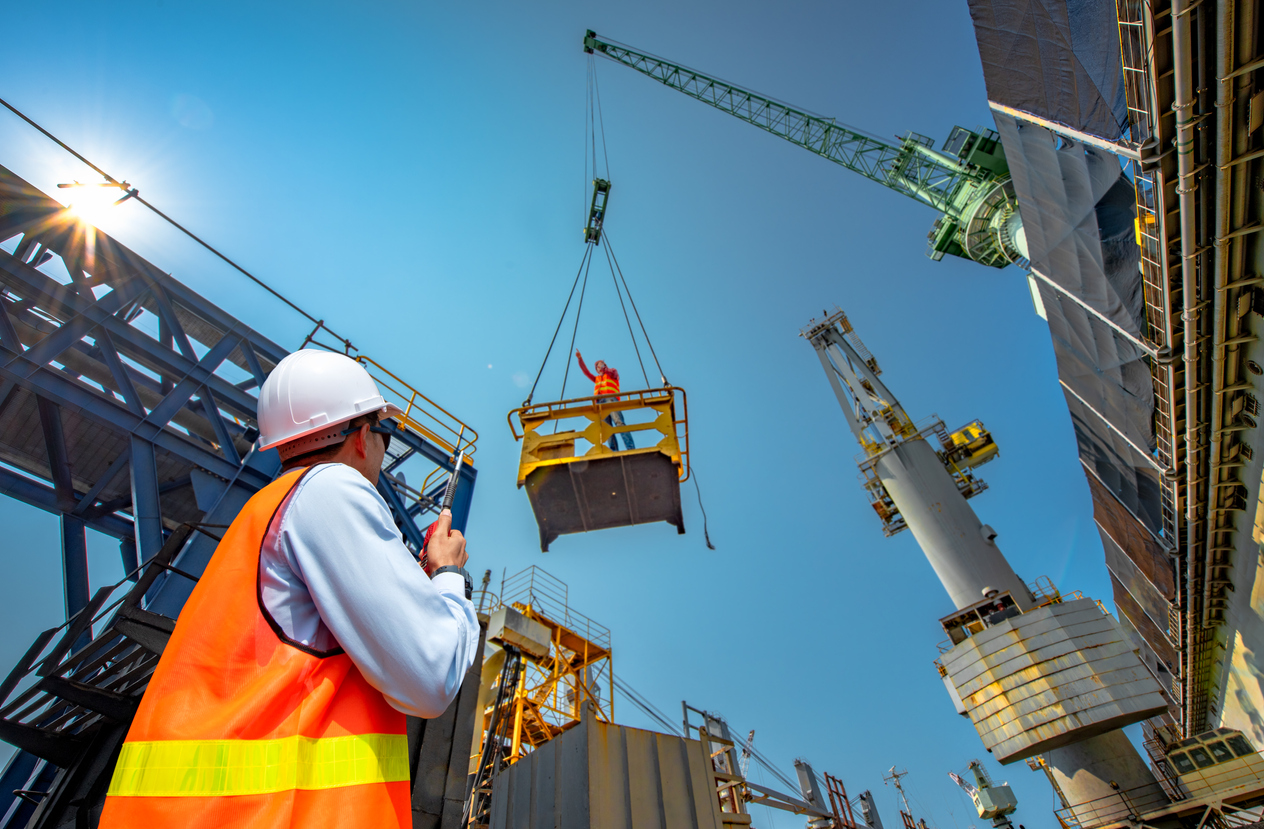No Damages for Delay?

Delay damages are the guests who show up uninvited for Thanksgiving dinner, tolerated, but not wanted. No matter how high you set the temperature of the thermostat to make the guests uncomfortable and make them want to leave, they stay. And stay. And stay some more.
Over the past several years, severe labor shortages in subcontracted trades have forced delays in critical paths of many projects. The novel coronavirus and COVID-19 pandemic have made matters more acute. Some projects have been shut down altogether, potentially giving rise to arguments that performance is impossible, impracticable, disrupted by an Act of God, suspended or terminated. Projects that have continued construction during the general stay-at-home quarantine period may have experienced more disruptions than typical, due to employee illness, absence, and/or fear.
Assuming contractual performance cannot be excused, what are the remedies for a delay in completion of the project? One significant limitation on liability for or recovery of delay damages is the “No Damages for Delay” (“NDFD”) clause that is incorporated into many construction contracts.
1. Why me, why now?
The typical NDFD clause aims to allocate downstream risk by barring claims for delay damages. The complained-of delays may have been caused by the project owner, design professionals, the general contractor, and/or a subcontractor. An enforceable NDFD clause causes a party who may not have been responsible for creating the delay to bear the financial losses it experienced due to the delay.
A typical NDFD clause reads something like this:
“If the subcontractor’s work is delayed, the subcontractor shall have no claim for damages against the contractor arising out of any delay or hindrance to the start of subcontractor’s work. The subcontractor’s sole remedy in any such case is an extension of time to perform its work.”
2. Are NDFD clauses always enforceable?
Despite their seemingly unfair nature, Texas courts typically enforce NDFD clauses. There are exceptions, however, sometimes written into the contract itself and sometimes created by the operation of law. Since the parties may negotiate significant modifications to NDFD clauses, we will not address the myriad of exclusions that the parties may choose to include in the contract. Instead, we will examine the exceptions the Texas Supreme Court has recognized for NDFD clauses.
In Zachry Const. Corp. v. Port of Houston Authority of Harris County, 449 S.W.3d 98, 114-15 (Tex. 2014), the Texas Supreme Court recognized the following exceptions to enforcement of NDFD clauses.
- The complained-of delay was not intended or contemplated by the parties to be within the purview of the clause;
- The complained-of delay resulted from fraud, misrepresentation, or other bad faith on the part of the party seeking the benefit of the clause;
- The complained-of delay has extended for such an unreasonable length of time that the party delayed would have been justified in abandoning the contract;
- The complained-of delay is not within the specifically enumerated delays to which the clause applies; and
- The complained-of delay is based upon active interference with the contractor or other wrongful conduct, including arbitrary and capricious acts, willful and unreasoning actions, without the due consideration, and in disregard of the rights of other parties.
The Zachry Court looked at the application of the second and fifth exceptions and held that a project owner’s attempt to bypass them was ineffective. The NDFD clause at issue barred delay damages even if they resulted from the project owner’s “negligence, breach of contract or other fault.” The owner of the project had sought to bar the general contractor’s recovery of damages arising from delays that the owner caused by its own active interference and deliberate conduct.
Underlying the Court’s opinion that the NDFD clause was unenforceable was the public policy concern of a party legally insulating itself from liability when that liability resulted from the party’s own deliberate and wrongful conduct. The Court analogized such efforts to the use of a waiver of future liability to insulate a party from future liability due to gross negligence.
3. Channeling Zachry
Although the Zachry Court recognized limits to Texas’s strongly regarded freedom of contract, its holding should be viewed as an exception to the norm. At the trial court level, the jury found the owner’s actions to be fairly egregious. Such conduct is fact-specific, fact-intensive, not always well documented, and, as a result, notoriously difficult to prove. Absent developing a detailed factual record that would allow a jury, judge, or arbitrator to find that one of the common-law exceptions applies, NDFD clauses in construction contracts are likely enforceable in Texas.
As construction contracts are many times negotiated on a case-by-case basis, we recommend retaining legal counsel to review the breadth of the contractual provisions and the factual basis of the dispute. The attorneys in our Austin and Dallas offices are available to answer any questions you may have. You may contact us at info@gstexlaw.com.
Legal Disclaimers
This blog is made available by Gerstle Snelson, LLP for educational purposes and to provide general information about the law, only. Neither this document nor the information contained in it is intended to constitute legal advice on any specific matter or of a general nature. Use of the blog does not create an attorney-client relationship with Gerstle Snelson, LLP where one does not already exist with the firm. This blog should not be used a substitute for competent legal advice from a licensed attorney.
©Gerstle Snelson, LLP 2020. All rights reserved. Any unauthorized reprint or use of this material is prohibited. No part of this blog may be reproduced or transmitted in any form or by any means, electronic or mechanical, including photocopying, recording, or by any information storage or retrieval system without the express written permission of Gerstle Snelson, LLP.

